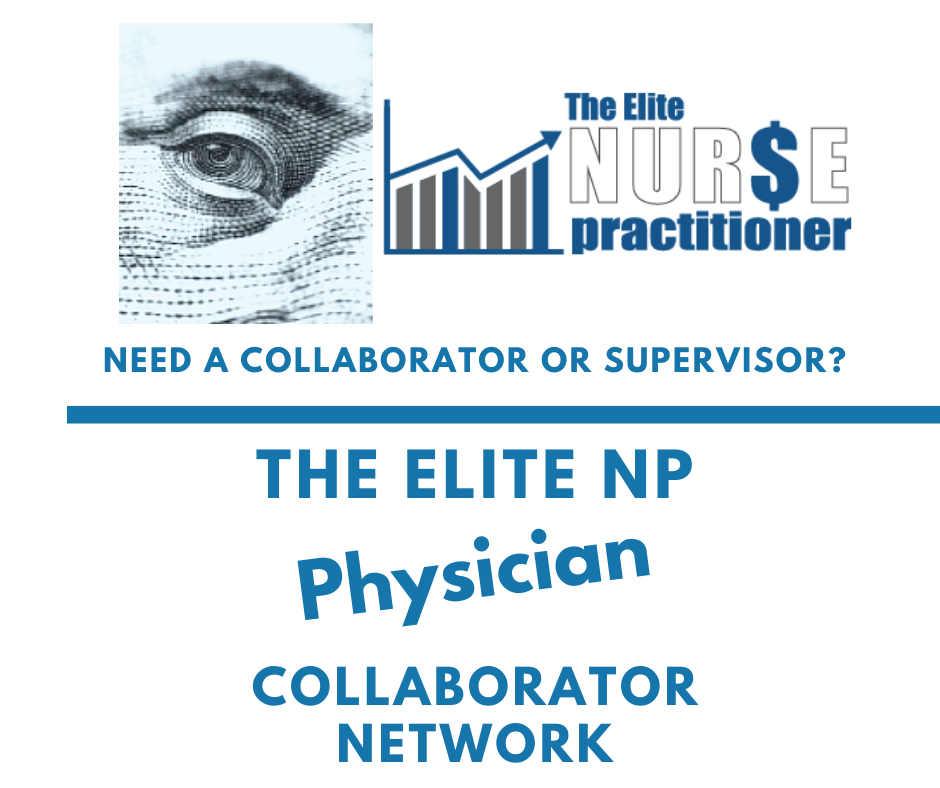rockyhill99
Full Member
- Joined
- Aug 9, 2022
- Messages
- 18
- Reaction score
- 8
Hi All,
I have a job offer for outpatient child/adult mix 30 hours/week (3 hour admin time/week) for 262 K in rural mid-west while providing telepsychiatry care from the South. 60/90 min for intakes(adult/child) and 30 min for follow-ups. They are also offering a 30 K bonus and 4K in CME besides sponsoring my H1B visa.
The job also requires collaboration with two NPs. I have never worked with NPs before and would like to learn more from your experience/knowledge.
What factors should I consider in agreeing to collaborative care? How much admin time/week would you suggest asking for?
Does malpractice insurance and tail cover collaborative care with NPs or should I be asking for that?
Any other considerations that would lead you to say yay or nay to this job or collaborative work with NPs?
I have a job offer for outpatient child/adult mix 30 hours/week (3 hour admin time/week) for 262 K in rural mid-west while providing telepsychiatry care from the South. 60/90 min for intakes(adult/child) and 30 min for follow-ups. They are also offering a 30 K bonus and 4K in CME besides sponsoring my H1B visa.
The job also requires collaboration with two NPs. I have never worked with NPs before and would like to learn more from your experience/knowledge.
What factors should I consider in agreeing to collaborative care? How much admin time/week would you suggest asking for?
Does malpractice insurance and tail cover collaborative care with NPs or should I be asking for that?
Any other considerations that would lead you to say yay or nay to this job or collaborative work with NPs?







